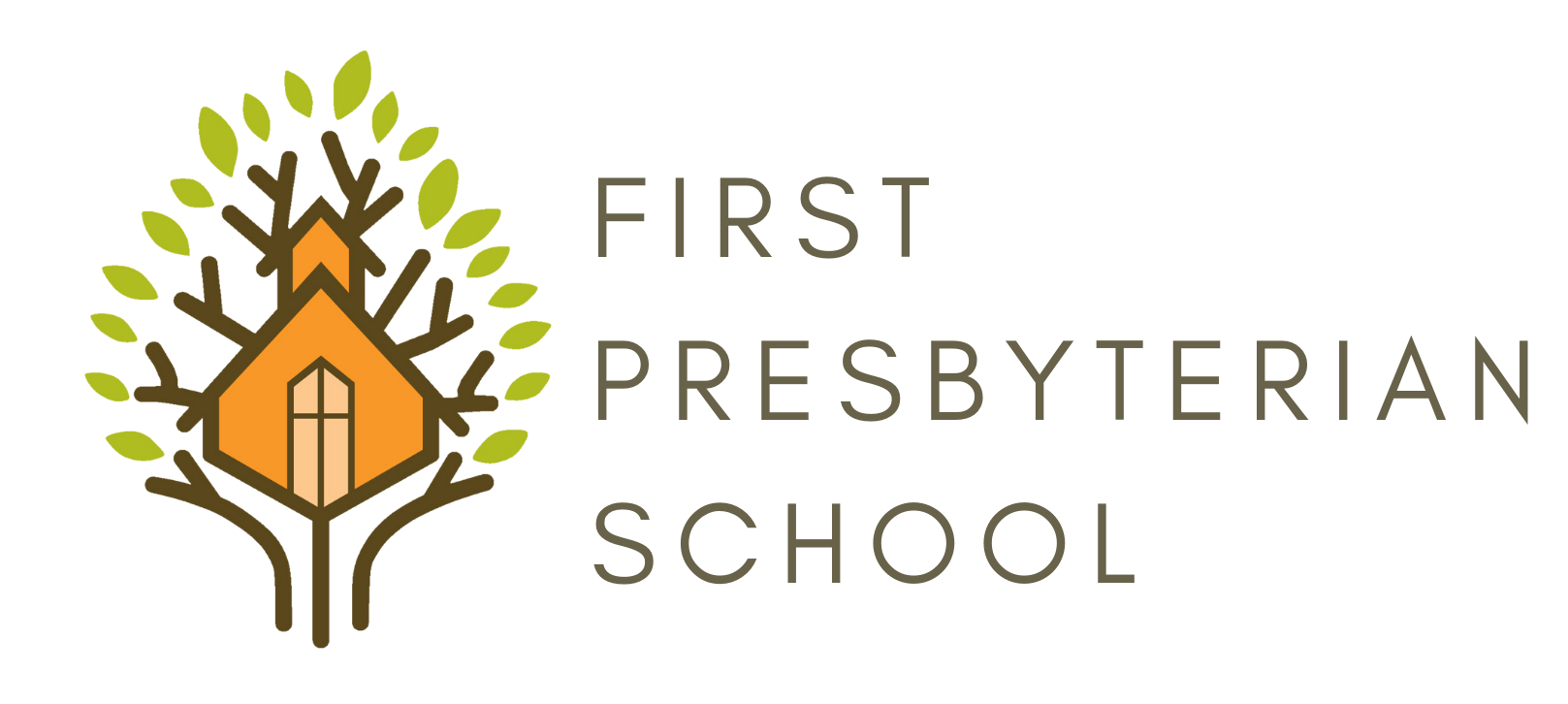There is strong research that being able to recognize and express feelings of gratitude is incredibly important for all of us. In fact, being grateful can lead to improved health and more happiness. Adults who are adept at practicing gratitude also enjoy stronger relationships. With age, many of us learn that we are fortunate to have things like healthy food, warm clothing, and a loving family. But how do you teach this to young children?
Here are four things parents can do to help teach their children the importance of gratitude, and how to be grateful:
Be the example
Model what gratitude looks like for your children. This can take many forms. Maybe you verbally express appreciation for the food you eat at mealtimes, or make a point of thanking the bank teller who has helped you with something. Children learn a lot by watching the adults around them and how they interact with the world. So be the example of having and expressing gratitude.
Daily conversations
Learning to be grateful is not just one conversation that you sit down to have with your children. Discuss it with them daily! Gratitude is essentially being grateful for the good things you have. Start small by talking with children about what these good things in their life might be.
When they forget to say thank you
The common parental response in this situation is “What do you say?” to cue them to say thank you. But going that route can be a missed opportunity for learning. Instead, notice what they are doing instead of expressing thanks. Perhaps in that moment they are so focused on rushing to tell a friend about their new toy that they don’t say thank you right away. This does not mean they lack gratitude, it means they need to learn to prioritize.
Taking initiative
Arrange for your children to spend time with other kids who are respectful. (This builds on the “be the example” step.) You can also volunteer with your child, or participate in activities that allow them to give to others and learn more about other people’s lives and circumstances. This allows you to be in an environment, together, where they can experience and learn gratitude.
Preschool age is a period of rapid learning for kids. If you want to ensure that your child receives a diverse education, by developing social, motor, and learning skills, First Presbyterian Preschool could be just the place for your family.

First Presbyterian Preschool
First Presbyterian Preschool
1340 Murchison Drive, El Paso, TX, USA
Church:
First Presbyterian Church is an outpost for spiritual wanderers, a safe place for skeptics, doubters and wonderers, a community of intellectuals and wisdom-seekers learning every day how to love God, each other, and the world we all share.